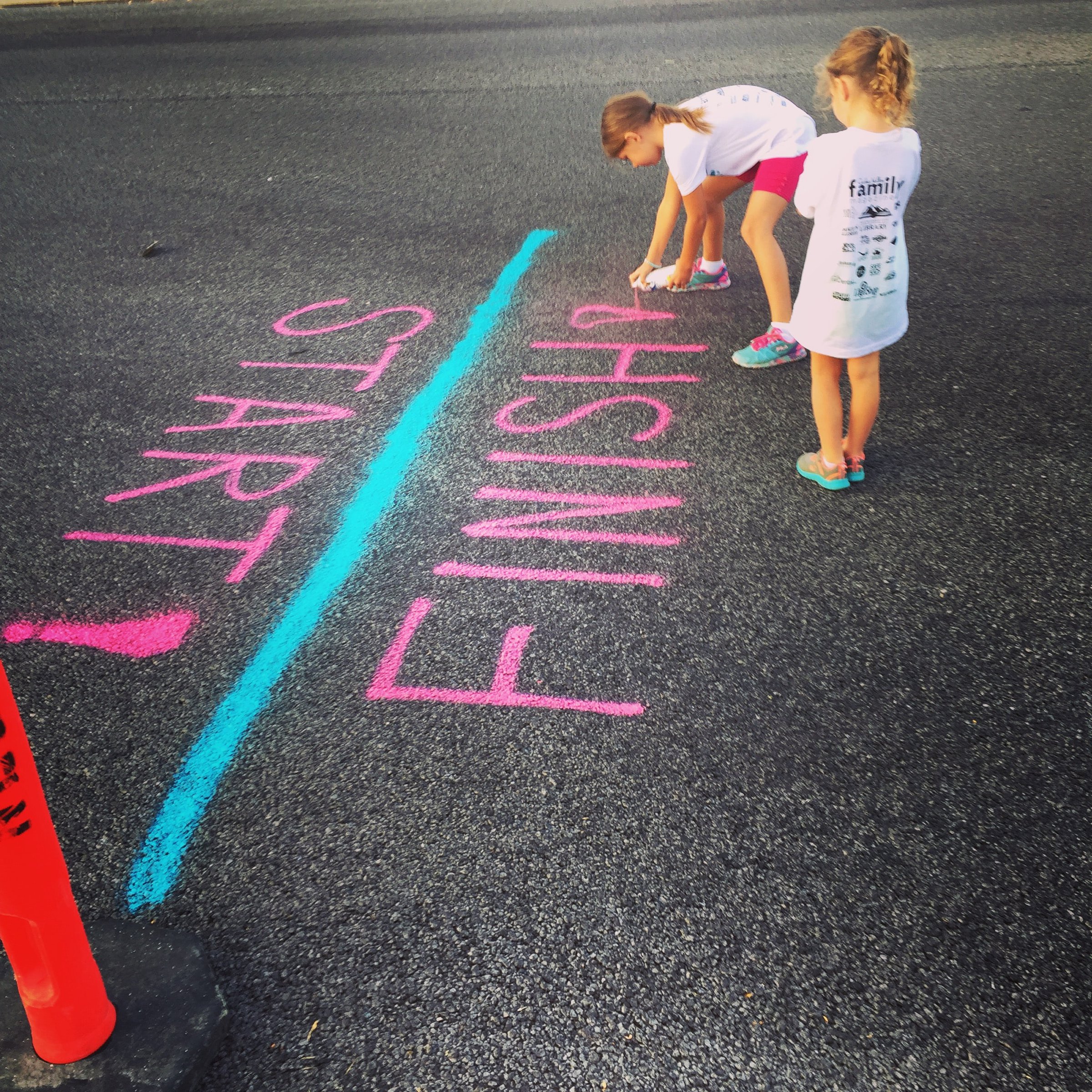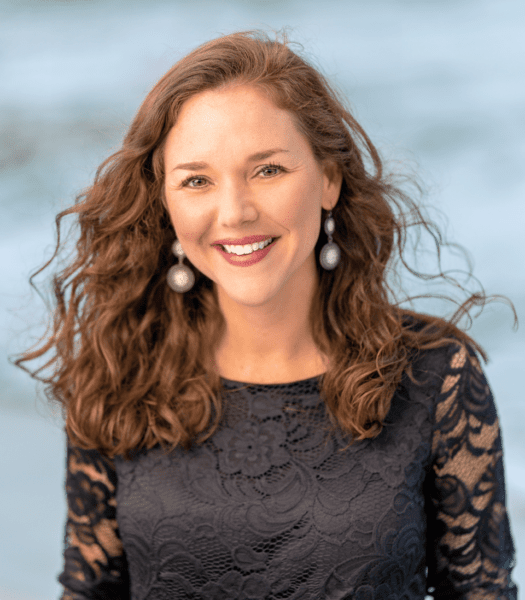/ News Posts / From One End to the Next: Will We Be Ready?
From One End to the Next
Will We Be Ready?
By NAfME Member Dr. Lori Schwartz Reichl
“Don’t wait until you are ready to take action. Instead, take action, to be ready.”― Jensen Siaw
We have reached the finish line! The school year has ended. For some, this may have occurred before Memorial Day. For others, June 27 may have been the last date that students and staff left buildings. Regardless of this academic end date, educators are encouraged to take the necessary time this summer to unplug and recharge. This process may look, sound, and feel different for all of us. For some, it may include trips away from home. For others, a staycation may be in order. Some may enjoy hiking through amazing scenery, and others may prefer lounging on the beach, at the pool, or simply in their living room. Do whatever is needed to ensure that you will be ready to lead, care for, and inspire students at the start of the next school year. This is needed for every role—educator, administrator, parent, and/or volunteer.

Photo by Adam Winger on Unsplash
“There is nothing in nature that blooms all year, so don’t expect yourself to do so either.” I used this anonymous quote as an inspirational theme for last month’s Making Key Changes Newsletter. It made me contemplate the cycles of life, the profession, and the school year. As educators, we are fortunate that beginning and ending points are recognizable in our field. Most other professions do not have these patterns that determine the end of one stage and the beginning of the next, as such phases can blur or seem continuous unless it’s a project or event. However, the formal closing of an academic year signals an end to one year and a fresh start for the next year. Similar to how checklists were completed for the end of the school year, what inventory will we examine to ensure the upcoming school year starts with purpose, passion, and positivity?
Motivation
As one school year ends, the next one is being planned! Will we be ready? Will our staff be ready? Will our students be ready? What do our students need? What do our staff members/colleagues need? What do WE need? Are we reflecting on these questions or are we simply pushing through to the next year without any connection or relevance?
The end of a school year allows for leadership to brainstorm potential methods to motivate employees to invest in their professional development (PD). If you feel that previous PD topics/sessions in your department, school, or system, have not benefited you, your students, a subject area, or a particular program, then recommend a topic, speaker, or resource to your administrator that would be beneficial and timely. If you never ask, you’ll never know! Ask leadership if you can provide input on future PD sessions and learning opportunities to be offered throughout the school year. Let leadership know what you may be interested in and what would best support you, your students, programs, and the school community. If you are unsure of what exactly is needed, how to go about it, or are uncomfortable doing so, ask a colleague to help navigate this conversation. I am always happy to help in any way.

Photo by Avel Chuklanov on Unsplash
Don’t leave it up to leadership to know what you need, most specifically if they are unfamiliar with your craft or new to the system, school, or position. Oftentimes, the year’s educational buzzwords will determine the PD that is selected. Do we remember when “rigor” was all the rage? We’ve also seen DEIA, LMS, SEL, and UDL. (Do these acronyms have your head spinning yet?! Mine is!) Recently, PD topics have focused on burnout, empowerment, self-care, and wellness. However, if we reflect and listen a bit more, we may realize what educators want, need, or hope to gain during these professional learning opportunities to develop, prepare, and take action as the new year unfolds.
Enjoyment
I spent a great deal of time rehearsing and adjudicating bands this spring and attending concerts conducted by colleagues. I viewed many colleagues making emotional social media posts that read, “It’s been [number] days since our last performance, and today we are finally taking the stage for the first time since the pandemic began!” It was exciting to see this fondness for activities that we took for granted reemerge. However, when I viewed several of these performances or adjudicated these ensembles, very few participants—from the students to the directors—seemed happy. In most cases, they appeared emotionless, stressed, or unconfident. Had the limitations and stress of the pandemic caused us to lose the enjoyment of the activity? Had we forgotten the procedures? In many cases, I witnessed conductors forgetting to acknowledge performers at the conclusion of an adjudicated performance.
In speaking to educators throughout the nation, several mentioned that they forgot tasks that they were formerly accustomed to achieving prior to the pandemic. A reminder was missed, paperwork was neglected, or a habit was skipped. For the more experienced teachers, the routines were not as fresh in our minds. For the newest educators, it may have been the first opportunity to perform certain tasks. I can attest to this slippage of knowledge. Before the pandemic, when guest-conducting an honor band, I would rehearse with the ensemble how members of each row would take turns standing to be individually acknowledged (think the “wave” at a sporting event). This is a great way for audience members to get a full view of their child or special performer. This year, I forgot! Instead, I simply motioned for all ensemble members to stand at one time to be acknowledged, rather than individually. I could have kicked myself when the conductor of the ensemble that performed immediately after achieved the student-by-student acknowledgment. I had overlooked this enjoyable moment for all involved. In addition to content to be learned, let’s ensure that there is enjoyment in the learning and performance spaces.
Focus
Sometime last spring, I was visiting the office of several subject-area coordinators when I overheard what I believe to have been a mentorship session between a coordinator and an educator. I could not see them; I could only hear them. The last bit of the conversation included the supervisor asking the teacher, “And how will you measure that success?” Data points were inferred. It took all my willpower to not peek around the corner and interject. Just prior to overhearing this conversation, I was speaking with a dear friend who is also a teacher. She’s amazing at what she does—all my dearest educator friends are. Her child has had some difficulty building relationships with peers, feeling included within the classroom and community, and being understood for his disability. Where would this child rank in the data? What if we shifted our focus from measuring data to assessing inclusivity? What if our intention focused more on fostering global citizenship and meeting the needs of each learner, rather than simply the essentials of the musician, the artist, the athlete, the scientist, the historian, or the writer? While focusing on the task at hand, let’s ensure that we are also focusing on the people in our direct care.
“While focusing on the task at hand, let’s ensure that we are also focusing on the people in our direct care.”
We crossed the finish line for one school year; however, the next start line will begin shortly. Will we be ready to lead, care for, and inspire students throughout the next school year? Will we feel motivated to develop ourselves, will we enjoy the time spent with our colleagues and students, and will we focus on the needs of the people in our immediate care? Take action to be ready!
About the author:
Dr. Lori Schwartz Reichl is a champion of mentorship and motivation in education. Dr. Reichl’s unique educational experiences have permitted her to expand her multifaceted career into a portfolio as a clinician, conductor, instructor, writer, and speaker. She is the author of more than 75 educational articles and has designed these mentoring pieces into a graduate course that she instructs at The University of the Arts (Philadelphia) and VanderCook College of Music (Chicago). Musically, Dr. Reichl has served as an adjudicator, clinician, and guest conductor for honor bands in a handful of states. Generally, for all areas and levels of education, Dr. Reichl has presented countless professional development sessions and keynote speeches for school systems and conferences in 16 states including for international events. She has spoken in dozens of collegiate classrooms nationwide and has been interviewed for 13 education podcasts. Dr. Reichl’s research is rooted in the student voice and the learner’s perception of effective strategies of Diversity/Equity/Inclusion/Access. Her most popular professional development sessions include building community, strengthening classroom management, and maintaining inclusive learning environments. Dr. Reichl’s mission is to encourage educators to reflect on our teaching practices while making key changes to refresh strategies that represent a shared vision to enrich the curriculum, classroom, and community.
Learn more: Making Key Changes. Subscribe here to the Making Key Changes newsletter and/or enroll in Dr. Reichl’s reflective summer graduate course.
Did this blog spur new ideas for your music program? Share them on Amplify! Interested in reprinting this article? Please review the reprint guidelines.
The National Association for Music Education (NAfME) provides a number of forums for the sharing of information and opinion, including blogs and postings on our website, articles and columns in our magazines and journals, and postings to our Amplify member portal. Unless specifically noted, the views expressed in these media do not necessarily represent the policy or views of the Association, its officers, or its employees.
July 5, 2022. © National Association for Music Education (NAfME.org)
Published Date
July 5, 2022
Category
- Program Development
- Scheduling
- Teacher Self Care
Copyright
July 5, 2022. © National Association for Music Education (NAfME.org)






